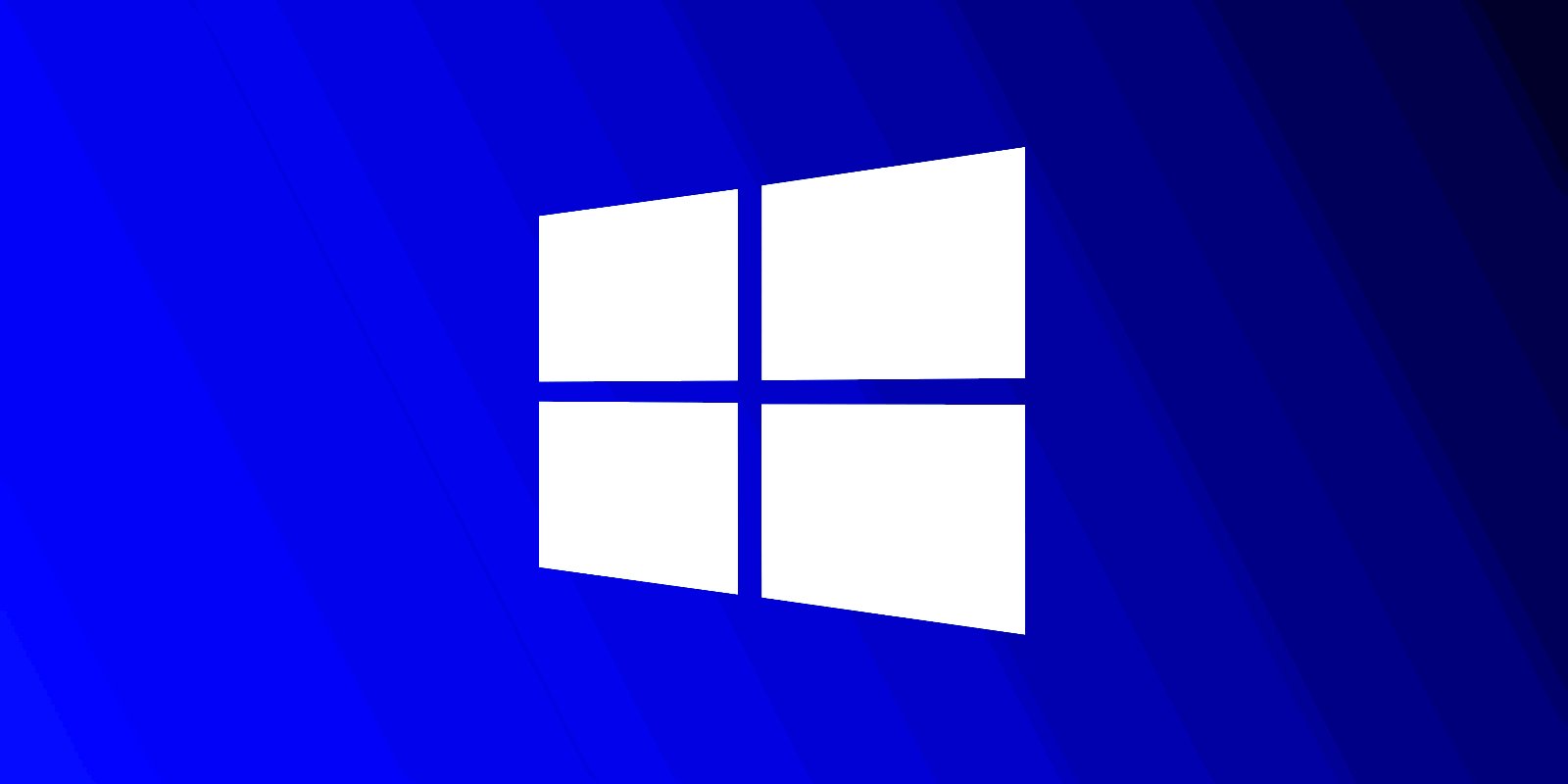
MSI has released BIOS updates to fix a known issue that triggers blue screens of death on Windows computers after installing August 2023 preview updates.
The company said the issue only impacted its Intel 700 and 600 Series motherboards and traced the root cause to a firmware setting of Intel Hybrid Architecture shipped with recent microcode updates.
The BSOD bug impacts systems with Intel 13th Gen Core CPUs (CPUIDs 0xB0671, OxBO6A2, and OxBO6A3) after installing KB5029351 (Windows 11 22H2), KB5029332 (Windows 11 22H1), and KB5029331 (Windows 10 22H2).
"The new BIOS coming will include an update on the Intel CPU uCode which will prevent any more messages regarding the 'UNSUPPORTED_PROCESSOR' issues. This upcoming update will correspond to both 13th-generation and newer ones," MSI said on Wednesday.
"There will be more BIOS available to download on MSI's official website for all Intel 700 and 600 Series models this week and all BIOS release will be available by the end of September."
"As of September, Intel has released updated microcode versions 0x11D and 0x411C to system manufacturers to address this issue on 13th Generation Intel Core Processors with Performance Hybrid Architecture," Intel added in a separate advisory containing the complete list of processors affected by the bug.
MSI provides guidance on how to use the M-FLASH tool to update your motherboard firmware in this video.
The complete list of BIOS updates released so far that address this known issue can be found in the table below.
| Affected Motherboard Model | BIOS Version |
| MEG Z790 ACE | Download |
| MPG Z790 CARBON WIFI | Download |
| MPG Z790 EDGE WIFI | Download |
| MAG Z790 TOMAHAWK WIFI | Download |
| PRO Z790-A WIFI | Download |
| PRO Z790-P WIFI | Download |
| PRO Z790-P | Download |
| PRO Z690-A WIFI | Download |
| PRO Z690-A | Download |
MSI's announcement comes one week after Microsoft blamed the blue screen issues that hit its customers after installing last month's preview updates on OEM vendors.
Microsoft first acknowledged the issue two weeks ago, two days after releasing August's optional cumulative update, saying that affected systems include those running Windows 11 21H2/22H2 and Windows 10 22H2.
Redmond said at the time that the buggy optional updates "might automatically uninstall to allow Windows to start up as expected" and warned users not to reinstall it to avoid further problems.
This was also confirmed by user reports saying that the preview updates were automatically rolled back following several system restarts.
To mitigate the issue, Microsoft also announced that it stopped offering the buggy updates to potentially impacted devices.
"We are collaborating with device manufacturers (OEMs) and will temporarily mitigate this issue by not offering KB5029351 to Windows devices that might be affected by this issue," Microsoft said.



Comments
wpontius - 9 months ago
No way I'm putting a Beta update on my BIOS!!
spacelizard - 9 months ago
This fixes the vulnerability, but does nothing for the fact that you still have an MSI motherboard :P